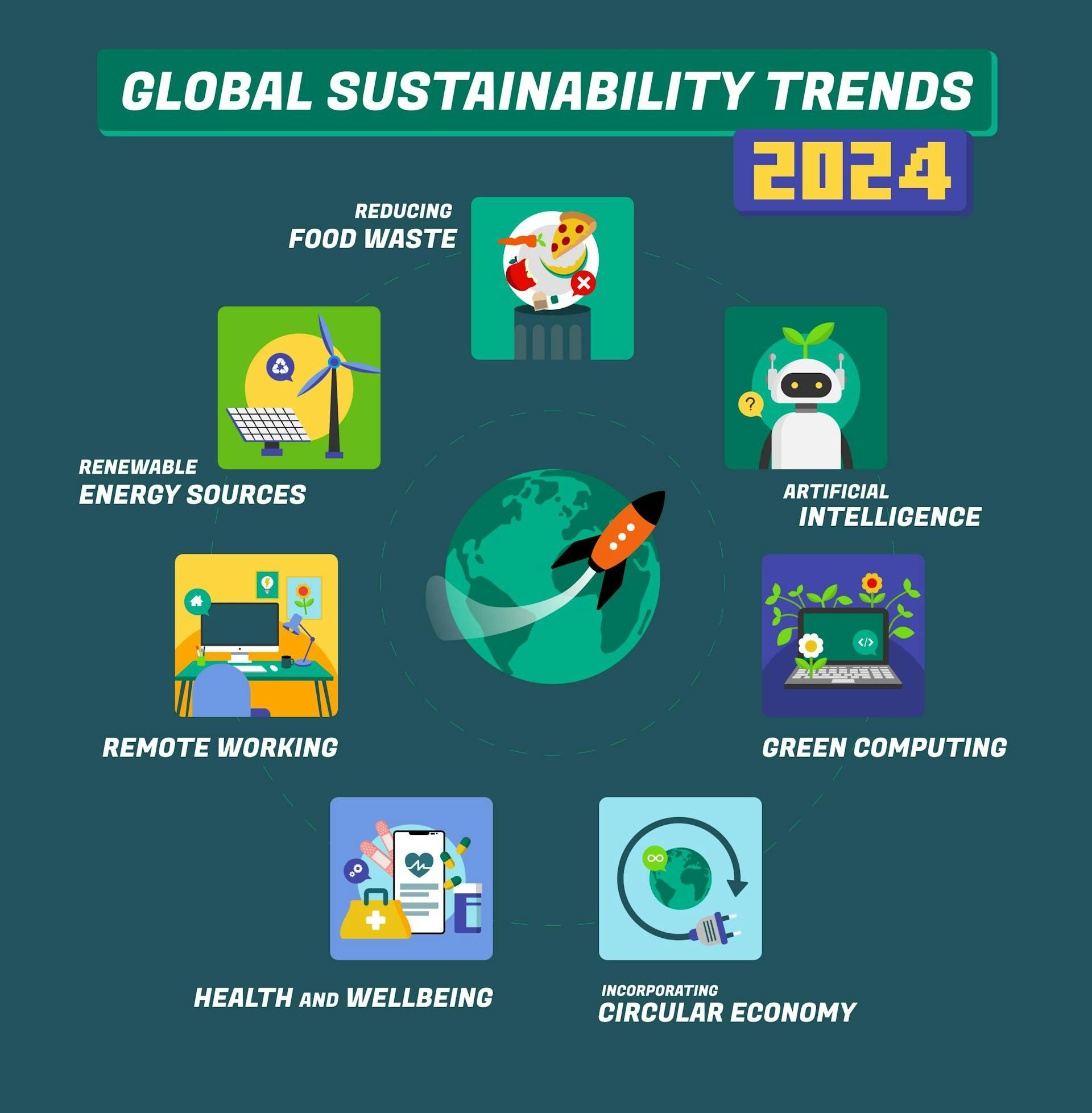
The Intersection of Fashion and Sustainability: A New Era of Conscious Consumption
Sustainability is no longer just a buzzword within the fashion industry; it is a movement that is reshaping the way brands and consumers interact with fashion. As more consumers demand eco-friendly practices, fashion brands are responding by integrating sustainable materials, ethical production methods, and transparent supply chains into their operations. This shift marks a significant change in consumer behavior, with individuals increasingly prioritizing brands that align with their values. This trend not only aims to reduce environmental impact but also aligns with a broader cultural movement toward conscious consumption, where purchasing decisions are made based on ethical considerations.

The Rise of Sustainable Fashion
Fashion brands such as Lululemon and Nike are leading the charge in sustainable fashion by developing products with longevity and eco-friendliness in mind. For instance, Nike's recent introduction of softer shoe models specifically designed for women represents a shift in product development tailored to sustainability. The use of less dense materials not only caters to consumer preferences but also reduces the overall environmental footprint of production.
In recent years, fashion weeks across major cities like New York and Milan have showcased collections from brands committed to sustainable practices. According to The Guardian, Dior’s recent show at Paris Fashion Week highlighted a commitment to reinvention and sustainability. Such efforts are paving the way for a new fashion narrative that embraces ecological responsibility.
Consumer Trends and Ethical Considerations
Consumers today are more informed and conscious about their purchasing habits. A survey conducted by McKinsey revealed that a significant percentage of millennial and Gen Z consumers consider fitness and sustainable fashion as core parts of their identity. These demographics are driving the demand for brands that uphold ethical standards and environmental consciousness.
This trend has led to the popularity of platforms like Apparel Sourcing New York City, which offers a dedicated marketplace for sustainable apparel and accessories. Such events highlight the importance of transparency and sustainability in the supply chain, offering consumers direct access to ethically produced fashion items.
The Role of Technology in Sustainable Fashion
Technology is playing a pivotal role in the fashion industry’s transition towards sustainability. Innovations in materials science and digital platforms are enabling brands to offer environmentally friendly products without compromising on style or quality. For example, Lululemon’s acquisition of the home-fitness startup Mirror is a testament to the integration of technology and sustainability. This move allows the brand to enhance its digital capabilities and offer interactive, personalized fitness experiences, aligning with its vision of promoting a sustainable lifestyle.

Challenges and Opportunities
While the shift towards sustainable fashion is promising, it is not without challenges. The fashion industry must balance the demand for sustainable products with the economic realities of production costs and consumer pricing. Additionally, the industry must address issues of transparency and accountability to ensure that sustainable claims are backed by genuine practices.
Despite these challenges, the move toward sustainability offers significant opportunities for growth and innovation. Brands that successfully integrate sustainable practices into their business models stand to gain a competitive edge, as consumers increasingly seek products that resonate with their values.
Conclusion
The intersection of fashion and sustainability is ushering in a new era of conscious consumption. As brands continue to innovate and adapt to consumer demands for eco-friendly practices, the fashion industry is poised to become a leader in sustainability. This movement is not just about reducing environmental impact; it is about reimagining the relationship between fashion, consumers, and the planet. As we move forward, it is clear that sustainable fashion is not a trend, but a transformative shift in how we define style and responsibility in the modern world.

By embracing sustainability, the fashion industry is not only contributing to a healthier planet but also empowering consumers to make choices that reflect their values and lifestyles. The future of fashion is sustainable, and it is a future that promises innovation, responsibility, and beauty.